Case Studies
The Brief
To understand how to better engage NSW General Practitioner’s (GPs) in child health and development checks. The objective was to inform communication strategies and clinical engagement activities that increase check uptake ensuring earlier detection of developmental issues and better health outcomes for children in NSW.
To understand how to better engage NSW General Practitioner’s (GPs) in child health and development checks. The objective was to inform communication strategies and clinical engagement activities that increase check uptake ensuring earlier detection of developmental issues and better health outcomes for children in NSW.

The approach
We conducted qualitative research with twelve GPs through focus groups – one in person with metro GPs and one online with regional/rural GPs. We explored GP understanding of child health checks, barriers and enablers for conducting child health checks.
We conducted qualitative research with twelve GPs through focus groups – one in person with metro GPs and one online with regional/rural GPs. We explored GP understanding of child health checks, barriers and enablers for conducting child health checks.

The challenge
The challenge was to ensure that the sample included a diverse range of GPs from metro and regional areas to gain insight into varied experiences of conducting child health and development checks. Recruiting GPs from a mix of practice types, socioeconomic backgrounds, and patient demographics was essential for capturing a broad spectrum of perspectives.
The challenge was to ensure that the sample included a diverse range of GPs from metro and regional areas to gain insight into varied experiences of conducting child health and development checks. Recruiting GPs from a mix of practice types, socioeconomic backgrounds, and patient demographics was essential for capturing a broad spectrum of perspectives.

The insight
GPs are broadly familiar with child health and development checks, but many are not conducting comprehensive checks and do not acknowledge their knowledge gaps. This is resulting in a lack of proactivity in engaging parents in the checks which in turn creates significant barriers to the take up of checks. Addressing these knowledge gaps and enhancing GP-parent communication is critical to improving outcomes.
GPs are broadly familiar with child health and development checks, but many are not conducting comprehensive checks and do not acknowledge their knowledge gaps. This is resulting in a lack of proactivity in engaging parents in the checks which in turn creates significant barriers to the take up of checks. Addressing these knowledge gaps and enhancing GP-parent communication is critical to improving outcomes.

The outcome
The client is using these insights to inform child health campaigns, increase the use of early detection tools and promote collaboration between GPs and other local providers of child health services.
The client is using these insights to inform child health campaigns, increase the use of early detection tools and promote collaboration between GPs and other local providers of child health services.


